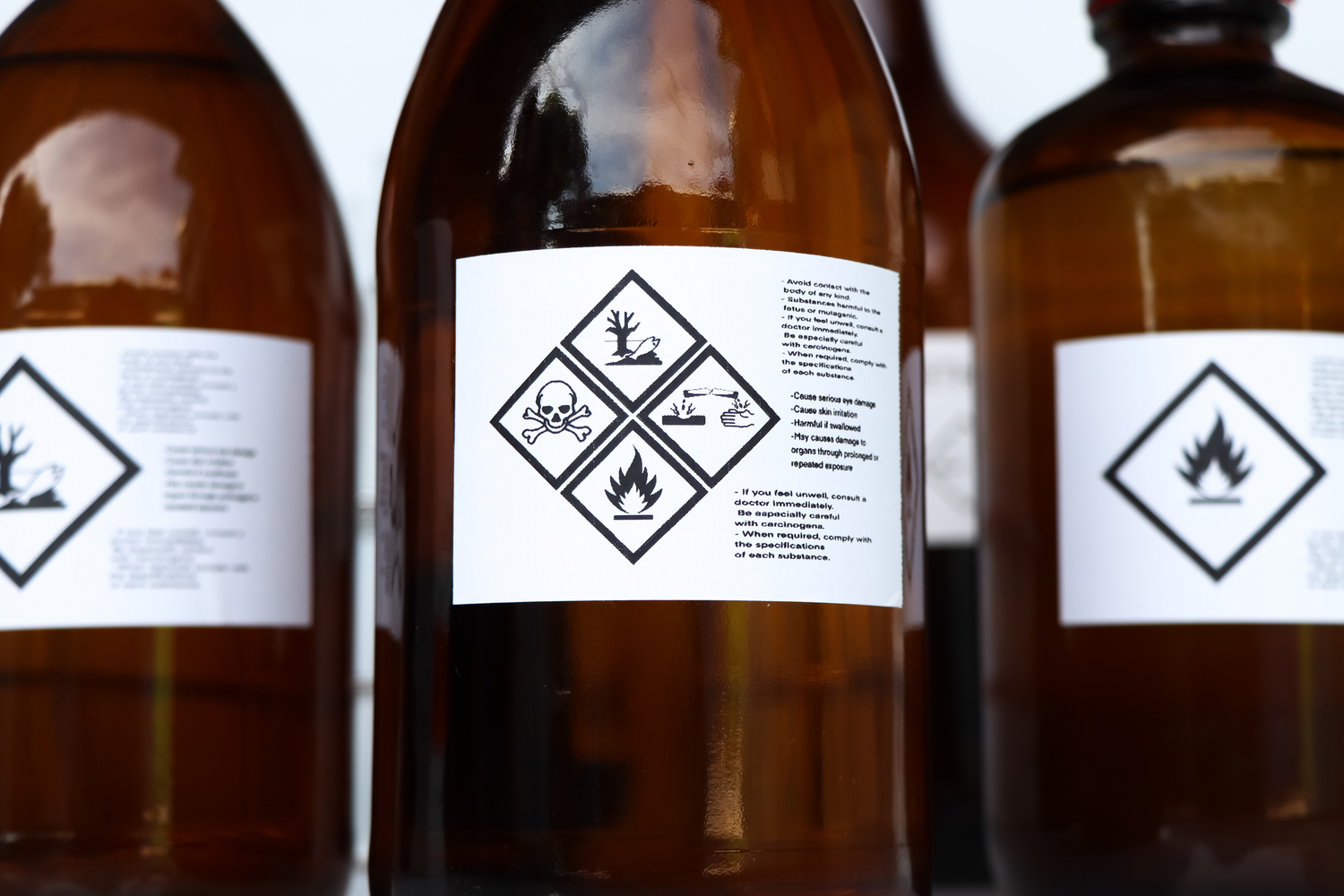A common confusion: natural = harmless?
In a context where consumers are looking for “cleaner” formulas, brands are using the natural argument as a guarantee of safety.
But what we often forget is that an ingredient from nature can also be irritating, allergenic, or even toxic . Natural does not mean harmless .
At Unlëss Cosmetics , we believe in healthy, but also rational , cosmetics. What really matters? Efficacy , tolerance , proven safety , not plant origin at any cost .
Natural, synthetic: better to understand than to judge
Distinguishing between nature, science and security
An ingredient is said to be "natural" if it is of plant, mineral or animal origin . But this does not guarantee that it is:
-
-
Well tolerated by the skin,
-
Effective in topical use,
-
Or without long-term risks .
-
Conversely, a synthetic ingredient may very well be more pure, stable, and safer than a raw plant active.
Example: Caffeine extracted from coffee and that produced in a laboratory are molecularly identical . The latter is often more stable and less prone to impurities.
When natural ingredients pose a problem
Many natural ingredients are responsible for irritations or allergies, even at low doses.
Essential oils: a cocktail of allergens
Often perceived as “therapeutic”, essential oils are in reality powerful concentrates , which can contain up to 200 different molecules , including:
-
-
Allergens (limonene, linalool, etc.),
-
Photosensitizing compounds,
-
Strong irritants on sensitive skin.
-
At Unlëss, no essential oils are used.
Natural perfumes: danger for reactive skin
A 100% natural perfume remains a combination of odorant molecules which can cause:
-
-
Redness,
-
Itching,
-
Chronic inflammation on sensitized skin.
-
This is why none of our treatments are perfumed , even naturally.
The problem with crude plant extracts
Some brands promote the use of whole plants or raw extracts. But these extracts may contain:
-
-
Natural toxins (certain alkaloids),
-
Pesticides if the plants are not organic,
-
Unstable compounds sensitive to oxidation.
-
An extract that is poorly dosed or poorly stabilized can therefore be less safe than an active ingredient purified in the laboratory .
At Unlëss: no bias, just evidence
Our approach is simple: each ingredient must prove its tolerance and effectiveness , whatever its origin.
What we systematically refuse
-
-
Essential oils and natural perfumes
-
Unstable plant extracts
-
Allergenic compounds, even natural ones
-
What we prioritize
-
-
Healthy, safe and tested active ingredients
-
Total traceability
-
A strict selection of ingredients that are truly beneficial to the skin
-
Formulas excluding anything unnecessary, aggressive or vague
-
The example: our OxiShield serum
Our OxiShield serum contains powerful antioxidants, some of which are plant-based (such as cranberry extract), but also stabilized molecules, to:
-
Prevent oxidative stress without damaging the skin
-
Offer a high-performance yet ultra-well-tolerated formula
-
Avoid adding any risky natural substances
Result: luminous, protected and soothed skin, without compromise.
Bottom line: natural isn't always the best option
-
A plant ingredient is not automatically safe
-
Essential oils and natural perfumes should be avoided on sensitive skin.
-
Safety depends on the overall formula , not the “natural” label
What matters is the proven skin safety and relevance of the ingredients . Not their storytelling.
Our commitment: to formulate safely, not just “au naturel”
At Unlëss Cosmetics , we only trust science, not marketing .
Our treatments are designed to respect your skin without giving in to the obsession with “all natural” .



